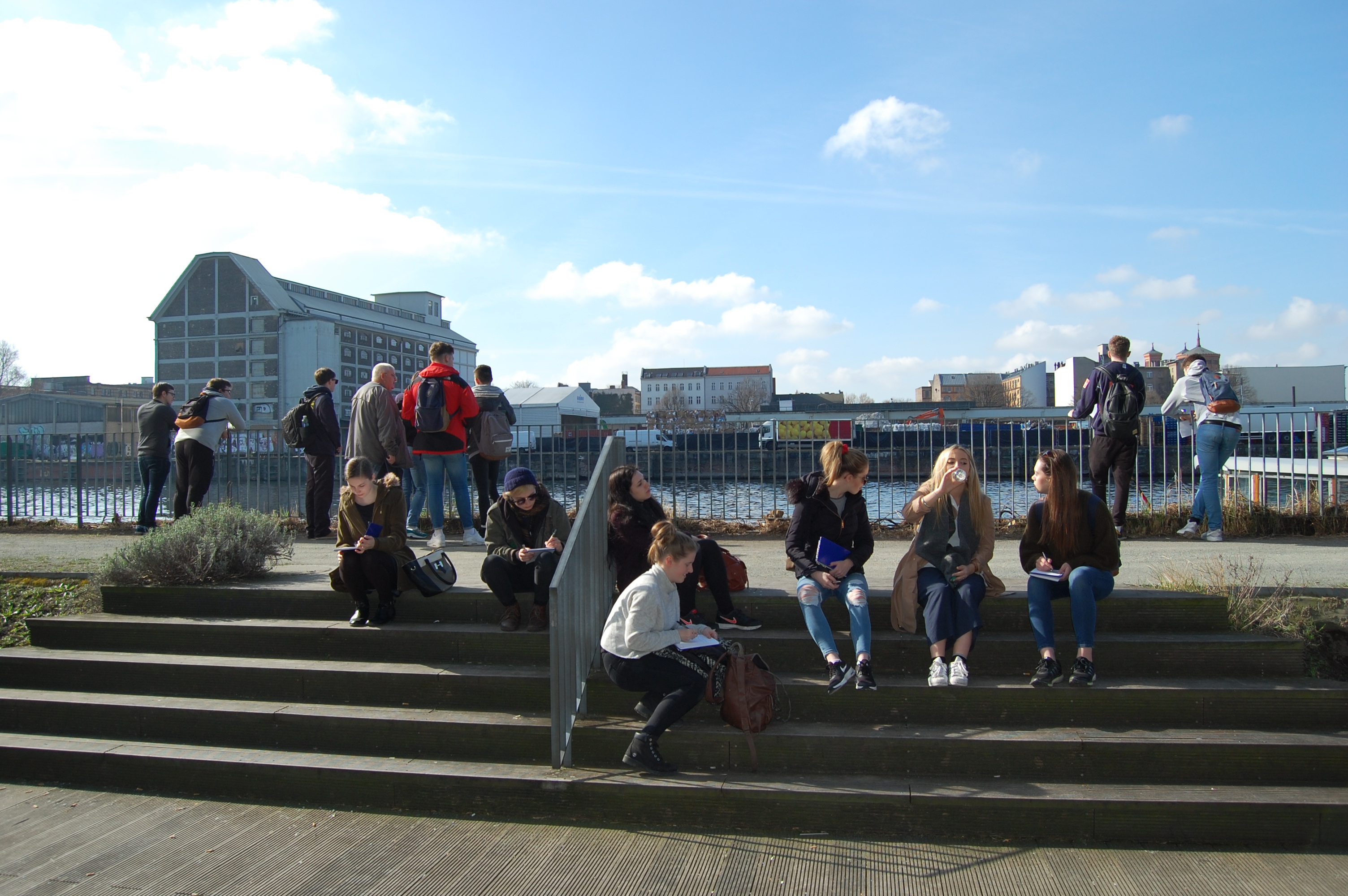Reflective writing
Reflective writing is a useful method that can be particularly helpful as part of field work and data analysis. It helps us to better understand what we are experiencing. As researchers in the field, we are always influenced by our positionality (e.g. age, gender, sexuality, language, culture, education, religion). Our expectations and perspectives may differ from those of others exploring the field with us. Reflection helps us to critically consider our positionality and past experiences in relation to the experience in the field. Our reflections (and those of others) can also be used as a data source, depending on what research questions are to be answered.
Moon (1999: 23) defines reflection as “a form of mental processing with a purpose and/or anticipated outcome that is applied to relatively complex or unstructured ideas for which there is not an obvious solution.”
Reflecting about our experiences and actions helps us to:
- identify connections,
- evaluate our learning process,
- clarify what we are learning,
- evaluate actions and behaviour (mistakes, successes)
- become an active and aware learner
- link practice and theory: we build theory from observations and draw conclusions.

Keeping a (field) diary is the most common method used in reflective writing. If should focus on your personal experience and be kept separate from other data collected.
Reflective writing moves beyond a description of events to scrutinize your experience.
Some helpful questions to guide the writing process may include:
- What are you going to reflect on? (a specific field site, theory, theme...)
- What is most important/interesting/useful about the site, event or idea?
- What were your reactions and feelings? Were they good/bad, etc.? How can you present the experience(s) with enough context for readers to understand?
- What sense can you make of the situation/site? Bring in additional information (incl. literature on reflective writing).
- What theories, models, strategies and academic literature can be used in your reflection?
- What can you conclude from your experience in the field? Can you distinguish between a general analysis and your own, person-specific perspective?
- Is there anything you have learned from the experience? How will your experience influence future practice?
Resources
Here are three templates and examples for reflective writing assignments.
- Example reflective essay assignment
- Template - Reflection fieldwork journal
- Template - Cycling reflection journal
Other resources
Many universities cover resources on reflexive writing and learning journals. Some helpful resources developed by Jenny Moon from Bournemouth University can be found here.